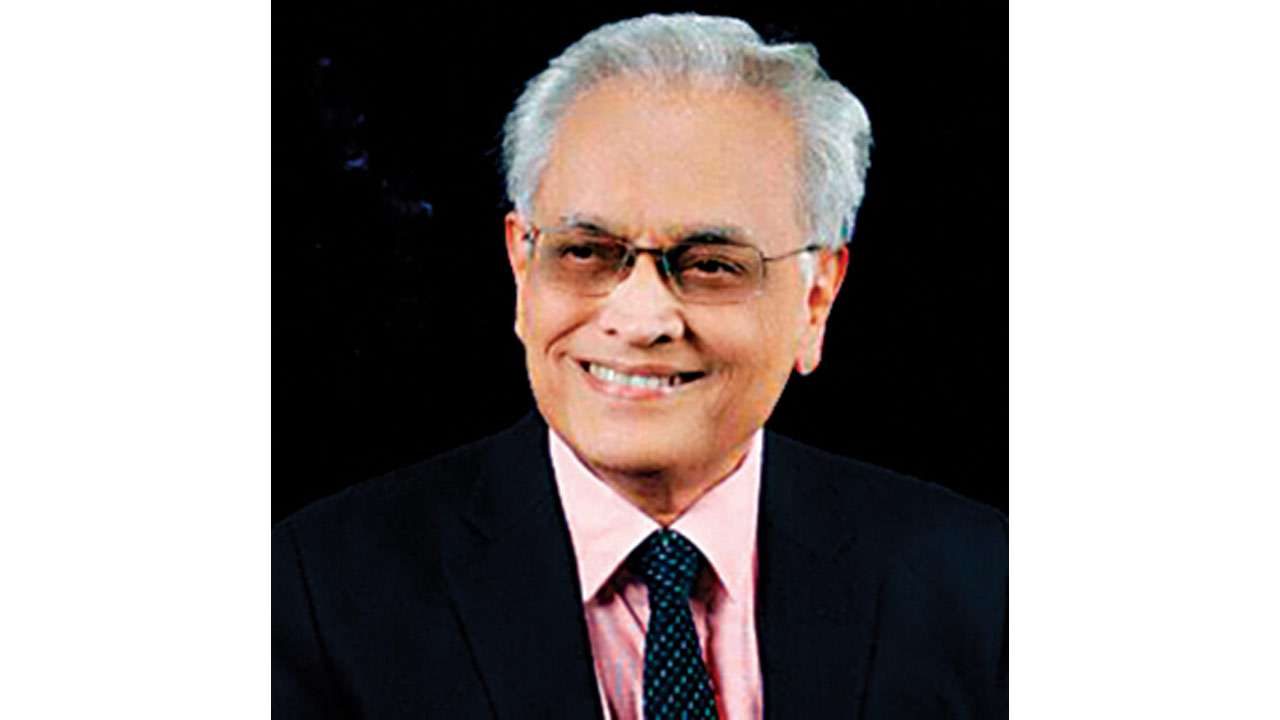
Mission Shakti is extremely important since, after the Pulwama terror attack and subsequent surgical strikes, tension in the sub-continent has escalated. China, which has always backed Pakistan, has A-SAT capability that can paralyse India if they attack our spy satellites as well as our other satellite networks. In this context, Mission Shakti has provided India with strength equal to that of China and we can say that India is in the league of space superpowers. Mission Shakti would insulate the country from possible A-SAT attacks.
During Mission Shakti, since it was our decommissioned satellite, scientists did not use any explosive with the missile. Rather, this test used kinetic energy impact, which means the sheer impact of the velocity of the missile and that of the satellite resulted in destroying the satellite. There are other ways also. One can send another satellite equipped with laser weapon so that the laser weapon can destroy the target satellite in space by piercing a hole in it. Another aspect is jamming the satellite by jamming the communication it is sending.
Space science in itself is a specialised subject and putting the subject to use for defence purposes makes it more complicated. The fact that a target satellite which is a decommissioned one is rotating around the earth at a velocity of 28 thousand kilometere per hour — which means it completes one rotation of the earth in 90 minutes — is enough cause for concern. Now, we are firing a missile that would travel at a speed of 3,000 kilometre per hour and we want to hit the missile on this satellite only when the satellite is above Indian space. During such trials precision is of utmost importance and you are not going to hit the missile when it is over China's space or Pakistan's space and that is the reason you have to ensure accuracy. Another aspect is, you try to hit the missile only when the satellite is above the Indian Ocean so that in the slightest possibility of a mistake or error, missile pieces are dropped into the ocean and do not hurt any human being. Targetting the satellite, releasing the missile, and hitting with precision in 3 minutes is a complicated affair even when you have computers and all the coordinates of the satellite, as well as a missile at your disposal.
As a scientist what I feel is, it is necessary to prove one's capability with such tests and unless one goes for such tests, neither the world nor any adversary believe that we really have the power. The risks involved are, as I said, accuracy and precision; which scientists have demonstrated but more risk is posed at political leadership. Can you imagine the consequences if the tests go wrong and a small error crops up in bringing down a satellite in space which is not India's? The political leadership has to be prepared for such untoward situations and should have the courage while giving the 'Go Ahead' for such trials. Another aspect is if such trials fail, one can easily point fingers at the scientific community but trials like A-SAT, which can lead to a war-like situation, really need courage on the part of political leaders. India has demonstrated its courage amply with Mission Shakti.
India has become only the fourth country after the United States, Russia, and China to conduct a test of A-SAT and I believe, a handful of other nations also have this capacity. I think France, Japan, and Israel also have the capability and technology, but none of these countries have so far conducted any test of A-SAT.
Look, India has so far undertaken 104 missions in space and at present there could be 40 to 50 live satellites working for the country. There are at least 60 Government departments, which are taking away the services of various satellites. There are two types of purposes for which satellites are used. They can be either used for some military or civilian purpose or for some developmental project. India has now attained the status of space superpower and as far as military purpose satellites are concerned, no country would help another for obvious reasons. As far as civilian purposes like education, weather forecast, navigational, agriculture and so on are concerned, one can always collaborate. It is also possible to take help from private industries that really don't abide by national-interest guidelines as far as civilian purpose or spare parts are concerned. But as far as your question is concerned, this Mission Shakti is hundred per cent indigenous.